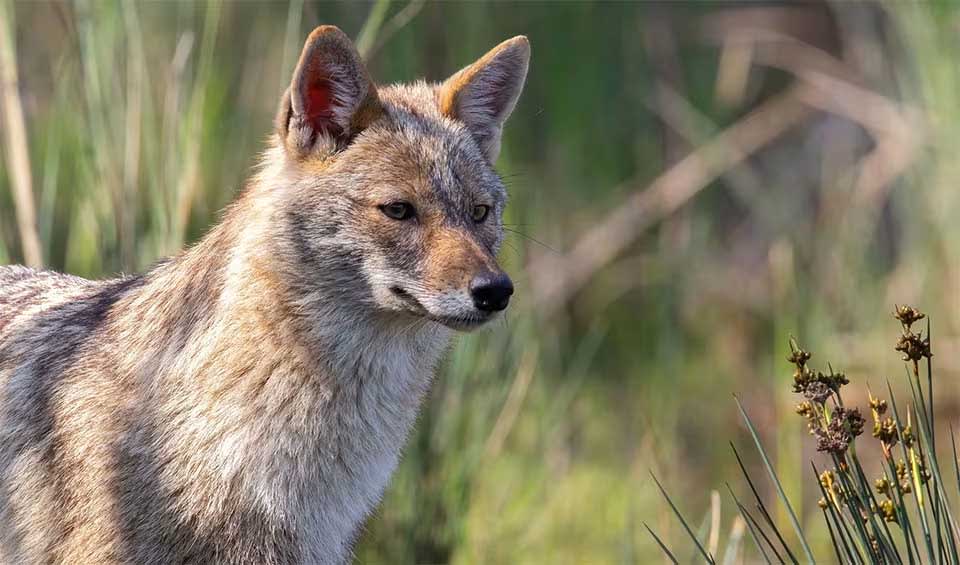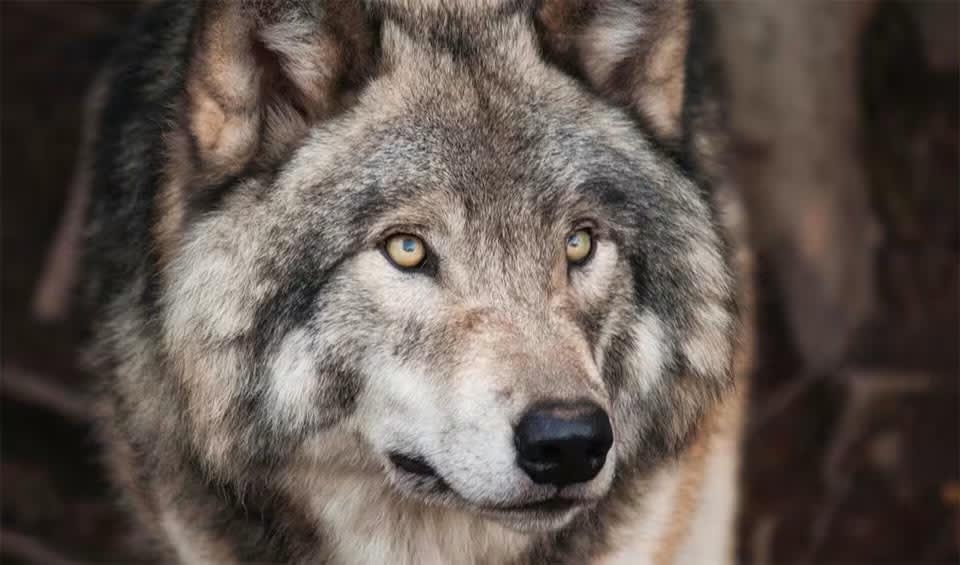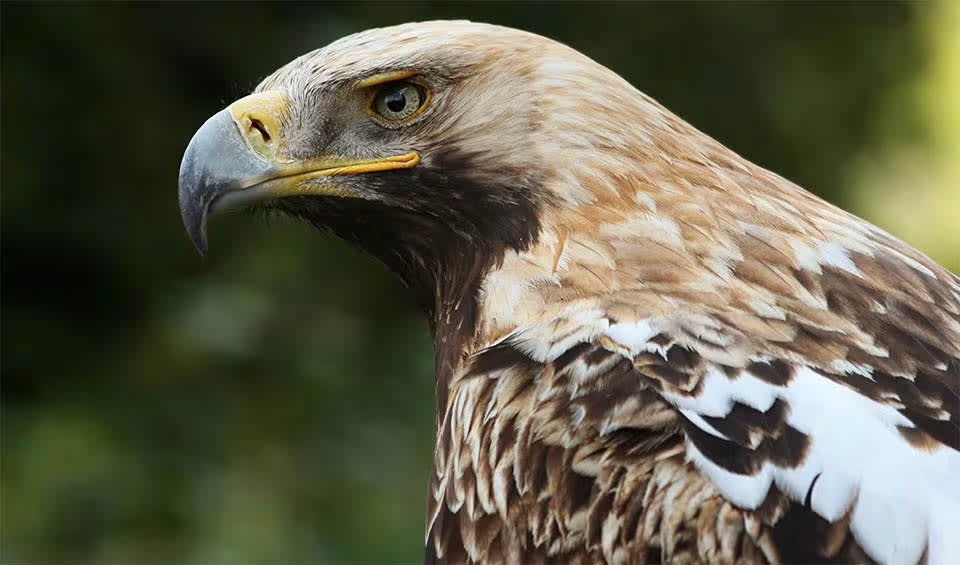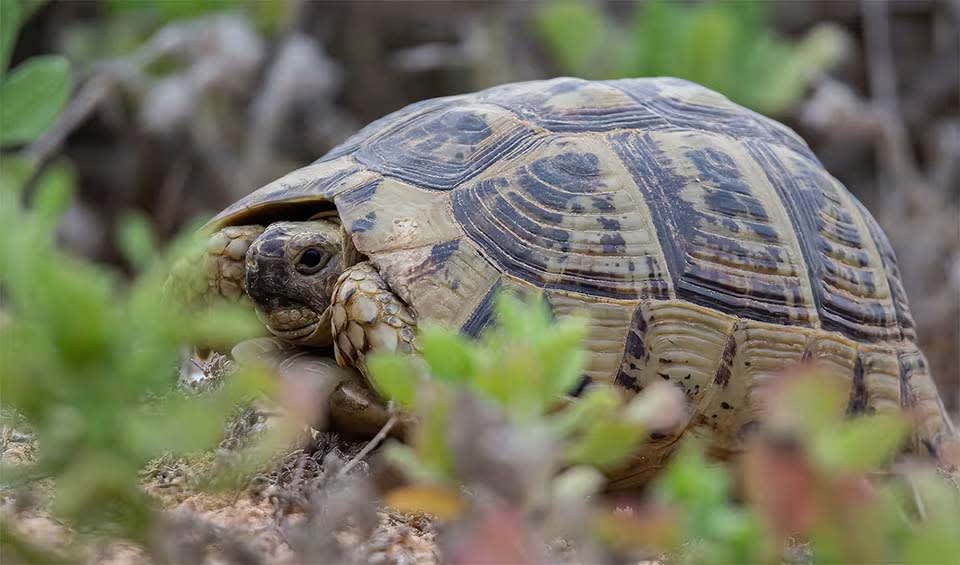Greece, located in southeastern Europe, is bordered by Albania, North Macedonia, Bulgaria, and Turkey and is surrounded by the Aegean, Ionian, and Mediterranean Seas. The country covers an area of about 131,957 km² (50,949 mi²). Greece’s landscape is predominantly mountainous, with the Pindus mountain range running through the mainland. It also has an extensive coastline and includes numerous islands, with Crete, Rhodes, and Corfu among the most notable.
Greece’s diverse landscapes support a rich variety of flora and fauna. The country’s mountains are home to species such as the Balkan lynx, wild goats, and brown bears. Greece’s forests, particularly in the northern regions, host a variety of wildlife, including wolves, deer, and a wide range of bird species. The coastal areas and numerous islands provide habitats for marine life, including the endangered Mediterranean monk seal and loggerhead sea turtles. Greece’s warm climate and varied terrain also support diverse plant life, from olive groves and vineyards to wildflowers and Mediterranean scrublands.
Four pillars elaborated:
Greece covers an area of 131,957 km² (50,949 mi²), positioned at the southern tip of the Balkan Peninsula. The mainland constitutes 80% of this total area, while the remaining 20% is dispersed across nearly 3,000 islands. The country’s landscape is predominantly coastal, with an extensive coastline over 15,000 km (9,320 miles) long, tightly connected to the sea; almost no part of the mainland is more than 80 km (50 miles) from the sea. Around 25% of Greece is lowland, especially the coastal plains along the nation’s shoreline. Regarding conservation efforts, Greece boasts 1,249 protected areas, including 803 sites protected under national legislation and 446 sites designated as part of the Natura 2000 network. Land Management
Land Management
The primary direct causes of biodiversity loss include the loss, alteration, degradation, and fragmentation of natural and semi-natural habitats; unsustainable production practices; climate change; pollution of soil, water, and air; biological invasions; and forest fires. Contributing underlying factors are insufficient knowledge about biodiversity trends; poor application and lack of vision regarding sustainability in economic sectors; administrative delays in physical planning; weak enforcement of existing laws; inadequate funding for conservation of genetic resources; and unstable management of protected areas. Addressing these issues is crucial to preserving biodiversity. Threats to Biodiversity
Threats to Biodiversity
Greece is actively integrating biodiversity conservation into its national value system through both formal and non-formal education, as well as by valuing ecosystem functions and services in socio-economic terms. The country adheres to European Council Regulation No. 1782/2003, which establishes rules for direct support schemes under the EU’s Common Agricultural Policy, supporting sustainable agricultural practices. Furthermore, sustainable forest management has been progressively enforced since 1920, with robust legal protections and decade-long management plans for forest complexes. Capacity and Governance
Capacity and Governance
Additionally, Greece has implemented various EU regulations to ensure sustainable fisheries management and has reduced fishing fleet capacities while promoting eco-friendly aquaculture methods. About 12% of Greece’s land and significant marine areas are protected under the Natura 2000 network, which includes Special Protection Areas and Sites of Community Importance. The Greek Gene Bank, established in 1981, continues to record genetic resources, contributing to the conservation of endemic plant and animal species. Greece is also preparing to implement the Nagoya Protocol on Access and Benefit Sharing (ABS) by 2016, with local communities playing a role in managing protected areas and public involvement facilitated through an online platform for legislative processes. These actions are part of a broader national research policy focusing on biodiversity under the Strategic Development Plan for Research, Technology, and Innovation.
Greece is recognized for its rich biodiversity and high levels of endemism, positioning it as a key player in European and Mediterranean conservation efforts. The country’s National Biodiversity Strategy, adopted in 2014, sets out a long-term vision for the protection and enhancement of biodiversity. Greece is particularly committed to marine biodiversity, announcing in 2024 a substantial investment of 780 million euros to establish marine parks that will cover 32% of its waters, aimed at protecting marine ecosystems and promoting sustainable fisheries. Additionally, Greece’s forest policy highlights the critical role of biodiversity and focuses on mitigating the adverse effects of biodiversity loss. Their comprehensive strategy for biodiversity, projected through to 2050, emphasizes the preservation and restoration of ecosystems. Future Trends
Future Trends
Biodiversity
Greece, with its varied landscapes and Mediterranean climate, is a biodiversity hotspot within Europe, boasting a rich array of flora and fauna across its mainland and numerous islands. The mountainous regions, including the Pindus and Rhodope ranges, are particularly notable for their biodiversity. These areas are home to mammals such as the brown bear, wolf, and Balkan chamois, as well as a wide variety of bird species like the golden eagle and the endangered bearded vulture.Its forests, which cover about 20% of its land area, range from temperate deciduous forests in the north to Mediterranean scrub and pine forests in the south. These forests provide habitats for numerous species, including the European wildcat, red deer, and various reptiles and amphibians. The rich undergrowth supports many plants, including many endemic species. The country’s wetlands and river systems, such as the Evros Delta, Lake Prespa, and Lake Kerkini, are crucial for birdlife, especially migratory species. These wetlands host a wide range of waterfowl, wading birds, and raptors, including the Dalmatian pelican, pygmy cormorant, and great white egret. Greece’s freshwater ecosystems are also home to a variety of fish, amphibians, and aquatic plants.
In the table below are the number of known species in several main groups, how many of these species are Threatened with extinction, and how many of them are Endemic (unique to Greece only):
| Species (World rank) |
Threatened | % Threatened | Endemic | % Endemic | |
|---|---|---|---|---|---|
| Mammals | 117 (#96) | 10 | 8.5% | 2 | 1.7% |
| Birds | 345 (#104) | 18 | 5.2% | ||
| Reptiles | 77 (#103) | 10 | 13.0% | 9 | 11.7% |
| Amphibians | 27 (#85) | 5 | 18.5% | 3 | 11.1% |
| Fishes | 647 (#91) | 103 | 15.9% | 25 | 3.9% |
| Plants | 5,500 (#60) | 72 | 1.3% | 1,278 | 23.2% |
mammals
Golden jackal
Exceptional hunters, but they can feed solely on grass and survive in the absence of prey
Wolf
The howl of each wolf is different
Caucasian squirrel
The word ‘squirrel’ is derived from the Greek word ‘Skiouros’ meaning ‘shadow tail’ – not specific
birds
Eurasian eagle-owl
These owls have specialized feathers that make their flight nearly silent
European goldfinch
Can hang upside down while feeding!
Eastern imperial eagle
Its imperial imagery and fierce demeanor have made it a symbol of power and nobility throughout history
reptiles
Large whip snake
Helpful for the ecosystem and agriculture as it reduces the number of pests and other dangerous snakes
Greek tortoise
The mosaic-shelled marvel of the Mediterranean
Mediterranean house gecko
Resilient creature that can thrive in human-dominated environments
amphibians
Karpathos frog
Meet the most endangered frog species in Europe
Levant water frog
A fully aquatic frog that spends its entire life in water, rarely coming to the surface
European tree frog
Symbol of environmental health as they are sensitive to changes in environmental conditions, particularly pollution levels
National Animals
Little owl
Aptly named after the goddesses of wisdom and war, little owls have lived alongside human civilizations since 500 BC

















